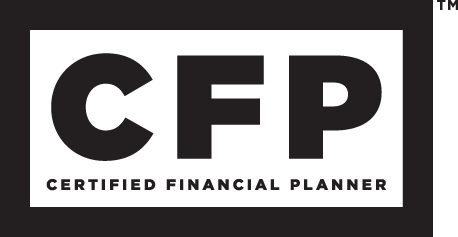Stock Buybacks

What are stock buybacks?
A stock buyback or a share repurchase decision occurs when a company buys its own stock from the open market. By doing this, the company reduces the number of shares available to the public. This is the opposite of dilution.
Why Would Companies Purchase Their Own Stock?
To Increase the Stock Price
When there are fewer shares in circulation, each remaining share represents a larger ownership stake. This increases earnings per share, which generally supports a higher stock price.
To Increase Investor Confidence
Management believes their stock is undervalued. They are signaling that they believe their own stock is a good investment. OK.
To Return Cash to Shareholders
Like dividends, buybacks allow a company to give money back to their shareholders. Buybacks are more flexible than dividends because companies can increase value without creating a taxable event.
Oh No! No Use for Capital.
The major concern when a company is buying back stock is that the company does not appear to have a better use for cash than to return it to shareholders. Opportunities for further development and increased profitability appear difficult to achieve. The best option seems to be to give investors back some of their investment because the company has run out of innovative ideas.
My Takeaway
A company that is buying back it’s stock is generally very developed and possibly suited for an investor seeking stability.
If your goal is rapid growth, stock buybacks typically signal that this is not management’s plan. You might look elsewhere to achieve the result you seek.
As always, this is just an observation. Consult with a professional.
That would be me.
-Zac
Photo and change: Oliva Keck



